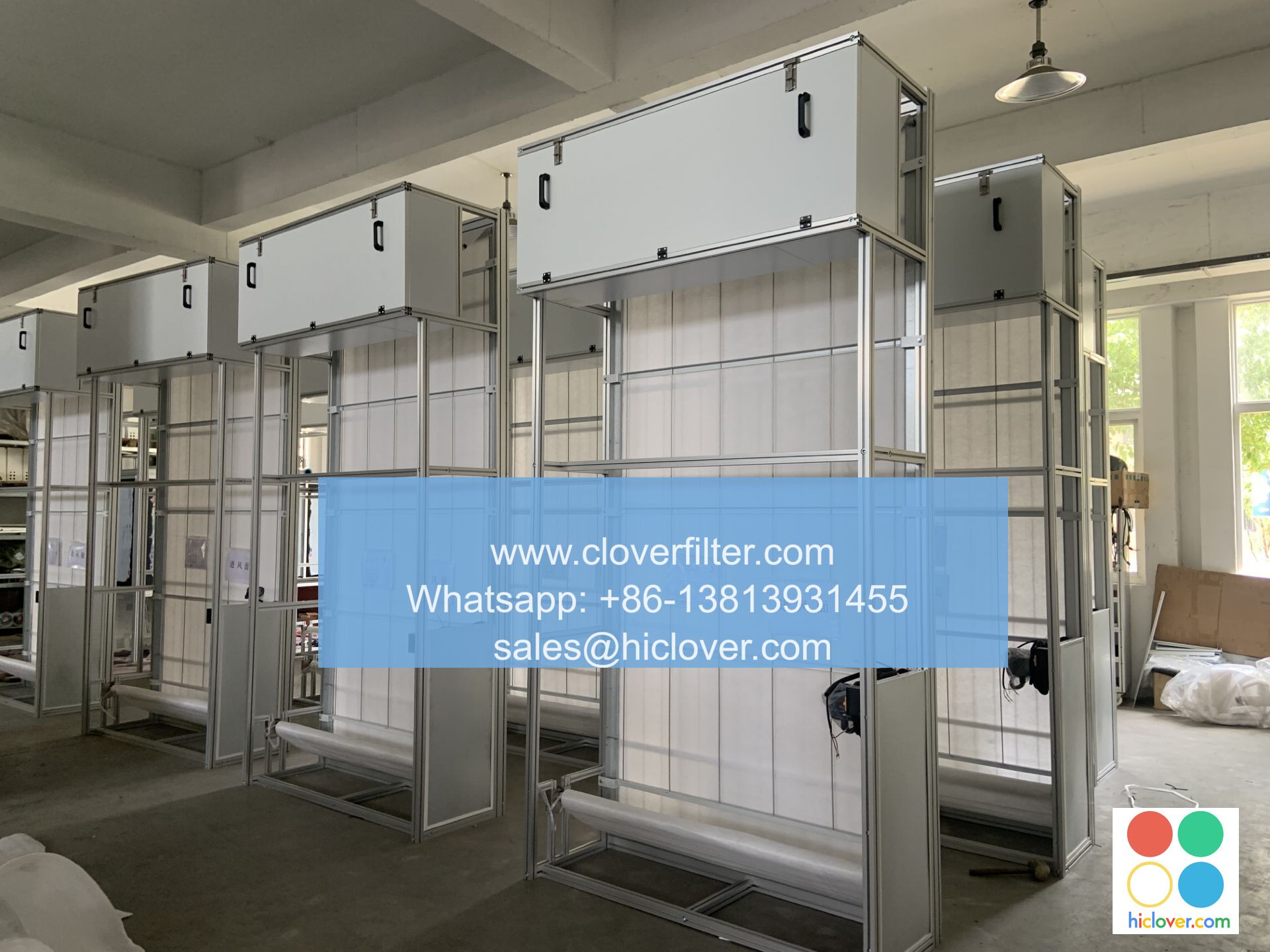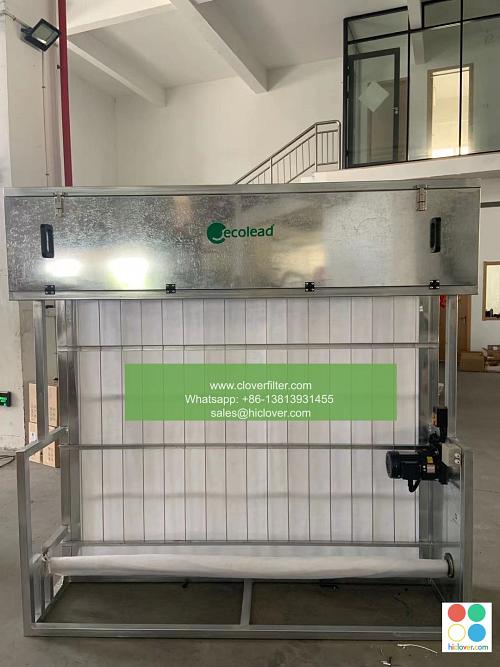Air Filter and Humidity

Air filters and humidity control are essential components in maintaining a healthy and comfortable indoor environment. The air we breathe can have a significant impact on our health, and controlling the humidity levels can help prevent the growth of mold and mildew. In this article, we will discuss the importance of air filters and humidity control, highlighting various application areas and exploring the key benefits of using these systems.
Understanding Air Filters
Air filters are designed to remove pollutants and contaminants from the air, improving the overall indoor air quality. They can be used in heating, ventilation, and air conditioning (HVAC) systems, as well as in portable air purifiers. The types of air filters available include HEPA filters, activated carbon filters, and electrostatic filters, each with its own unique filtration capabilities and application areas.
Humidity Control and Its Importance
Humidity control is critical in maintaining a healthy indoor environment. High humidity levels can lead to the growth of mold and mildew, while low humidity levels can cause dry skin and respiratory issues. Humidifiers and dehumidifiers are used to control the humidity levels, and they can be used in various application areas, including residential homes, commercial buildings, and industrial settings.
Application Areas of Air Filters and Humidity Control
Air filters and humidity control systems have a wide range of application areas, including:
* Residential homes: to improve indoor air quality and control humidity levels
* Commercial buildings: to maintain a healthy and comfortable environment for employees and customers
* Industrial settings: to control humidity levels and prevent equipment damage
* Healthcare facilities: to maintain a sterile environment and prevent the spread of infections
* Data centers: to control humidity levels and prevent equipment damage
Key Benefits of Air Filters and Humidity Control
The key benefits of using air filters and humidity control systems include:
* Improved indoor air quality
* Reduced risk of mold and mildew growth
* Prevention of equipment damage
* Improved health and comfort
* Increased energy efficiency
Conclusion
In conclusion, air filters and humidity control are essential components in maintaining a healthy and comfortable indoor environment. By highlighting various application areas and exploring the key benefits of using these systems, we can see the importance of implementing air filters and humidity control in various settings. Whether it’s in residential homes, commercial buildings, or industrial settings, air filters and humidity control can help improve indoor air quality and prevent equipment damage. It seems like you forgot to include the actual prompt. Please go ahead and provide the question or topic you’d like to discuss, and I’ll do my best to assist you.

